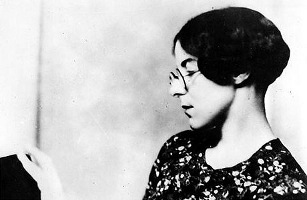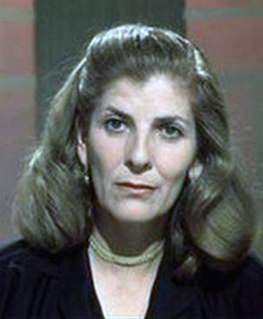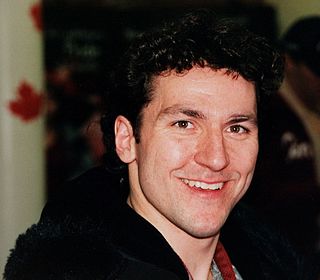A Quote by Sylvia Townsend Warner
There are some women in whom conscience is so strongly developed that it leaves little room for anything else. Love is scarcely felt before duty rushes to encase it, anger impossible because one must always be calm and see both sides, pity evaporates in expedients, even grief is felt as a sort of bruised sense of injury, a resentment that one should have grief forced upon one when one has always acted for the best.
Quote Topics
Acted
Always
Anger
Anything
Anything Else
Because
Before
Best
Both
Both Sides
Bruised
Calm
Conscience
Developed
Duty
Else
Evaporates
Even
Felt
Forced
Grief
Impossible
Injury
Leaves
Little
Love
Love Is
Must
Pity
Resentment
Room
Scarcely
See
Sense
Should
Should Have
Sides
Some
Sort
Strongly
Whom
Women
Related Quotes
Grief causes you to leave yourself. You step outside your narrow little pelt. And you can’t feel grief unless you’ve had love before it - grief is the final outcome of love, because it’s love lost. […] It’s the cycle of love completed: to love, to lose, to feel grief, to leave, and then to love again. Grief is the awareness that you will have to be alone, and there is nothing beyond that because being alone is the ultimate final destiny of each individual living creature. That’s what death is, the great loneliness.
I didn't feel that so much as an outsider when I started writing; I've felt that way all my life. I don't know, man; I guess I was just wired wrong. When I was growing up, I always wanted to be somebody else and live somewhere else. I've always felt a little uncomfortable around people. And I'm not trying to romanticize this, because it wasn't romantic. I wasn't trying to be a rebel; I just always felt a little out of it. I think that's why it's pretty easy for me to identify with people living on the margins.
Grief is neither a disorder nor a healing process; it is a sign of health itself, a whole and natural gesture of love. Nor must we see grief as a step toward something better. No matter how much it hurts-and it may be the greatest pain in life-grief can be an end in itself, a pure expression of love.
Sara waited a respectful time, knowing there was nothing she could do to ease the woman's pain. Grief was a place, Sara understood, where a person went alone. It was like a room without doors, and what happened in that room, all the anger and the pain you felt, was meant to stay there, nobody's business but yours.
The living do not see eternity, just as they don't see Everlost, but they sense both in ways that they don't even know. They don't feel the Everlost barrier set across the Mississippi River, and yet no one had ever dared to draw city boundaries that straddle both sides of its waters. The living do not see Afterlights, and yet everyone has had times when they've felt a presence near them - sometimes comforting, sometimes not - but always strong enough to make one turn around and look over one's shoulder.
My after forty face felt far more comfortable than anything I lived with previously. Self-confidence was a powerful beauty-potion; I looked better because I felt better. Failure and grief as well as success and love had served me well. Finally, I was tapping into that most hard-won of your dews: wisdom.
I think what I was unconsciously expressing in 'Black Rainbow' was a very abstract and metaphorical grief, in the way I had suppressed my grief about my mother dying. In retrospect I realise I started writing 'Mandy' as a sort of antidote to that, to sort of express those emotions, to purge that grief.





































